Market Trends
Key Emerging Trends in the UK Skincare Market
The increased demand for high-end skincare products is driving up the global marker CAGR for skincare in the UK. Consumer expenditure on upscale personal care and beauty products has increased as a result of more people working and having more money to spare. The female population of the country is opting to use anti-aging, sun protection moisturizers, and other treatments to maintain longer-lasting youthful skin. Leaders in the field are also creating wrinkle and fine line removal products with high-end ingredients like hyaluronic acid and collagen.
The UK skincare market has been subject to several notable trends in recent years, reflecting shifts in consumer preferences, technological advancements, and a growing focus on health and wellness. One significant trend is the increasing demand for natural and organic skincare products. Consumers are becoming more conscious of the ingredients in their skincare items, leaning towards products with fewer chemicals and more natural formulations. This shift is driven by a desire for healthier and environmentally friendly options, with many consumers associating natural ingredients with gentler and safer skincare solutions.
Moreover, the rise of technology and digitalization has played a pivotal role in shaping the UK skincare market. E-commerce platforms have become a preferred channel for purchasing skincare products, offering consumers the convenience of shopping from home and access to a wider range of products. Online retailers and direct-to-consumer brands have gained prominence, challenging traditional brick-and-mortar stores. Social media platforms also play a crucial role in influencing consumer choices, with skincare influencers and beauty bloggers shaping trends and driving product awareness.
Anti-aging products have consistently maintained their popularity in the UK skincare market. With an aging population, there is a growing demand for skincare solutions that address fine lines, wrinkles, and other signs of aging. Consequently, the market has witnessed a surge in the development and marketing of anti-aging creams, serums, and treatments. Brands are innovating to incorporate cutting-edge ingredients and technologies to cater to this specific consumer need.
Another trend in the UK skincare market is the increasing awareness and demand for sustainable and eco-friendly products. Consumers are becoming more environmentally conscious, and this awareness extends to their skincare choices. Brands that emphasize sustainability, cruelty-free practices, and eco-friendly packaging are gaining traction. This trend aligns with a broader global movement towards responsible and ethical consumerism.
Furthermore, inclusivity and diversity have become essential considerations for skincare brands. Consumers are increasingly seeking products that cater to a diverse range of skin types, tones, and concerns. Brands that prioritize inclusivity in their marketing, product formulations, and shade ranges are resonating well with a more diverse consumer base. This reflects a broader societal shift towards celebrating diversity and rejecting one-size-fits-all beauty standards.
The impact of the COVID-19 pandemic has also left its mark on the UK skincare market. The increased focus on hygiene and self-care during lockdowns contributed to a surge in skincare sales. Consumers turned to skincare routines as a form of self-care, leading to increased demand for products like cleansers, masks, and serums. However, economic uncertainties and changes in consumer spending patterns during the pandemic also influenced purchasing decisions, with some consumers opting for more budget-friendly skincare options.


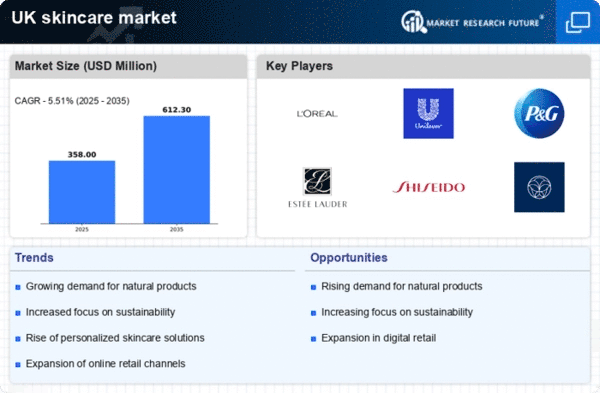
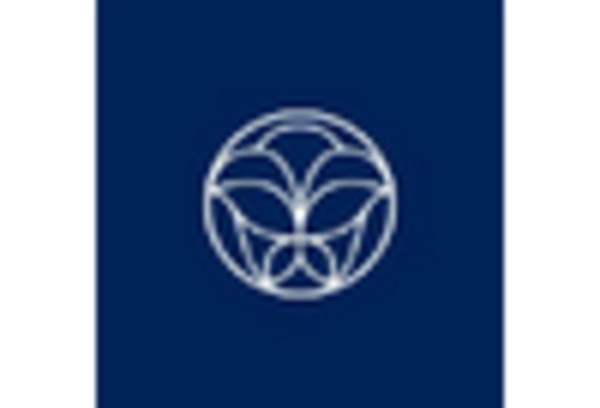
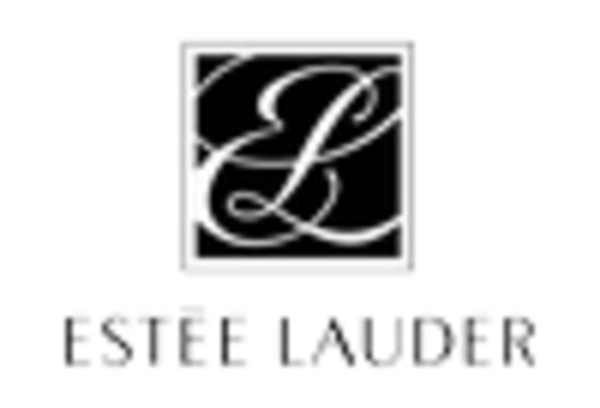
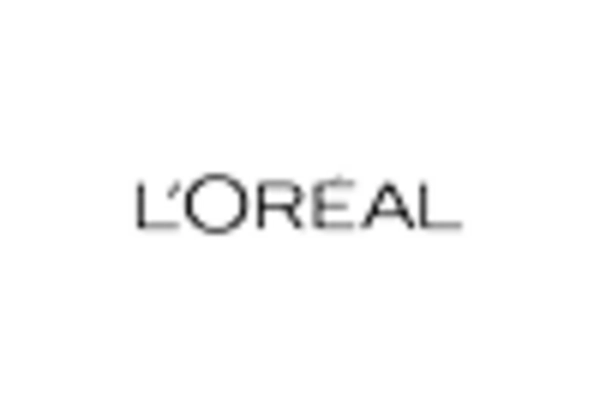

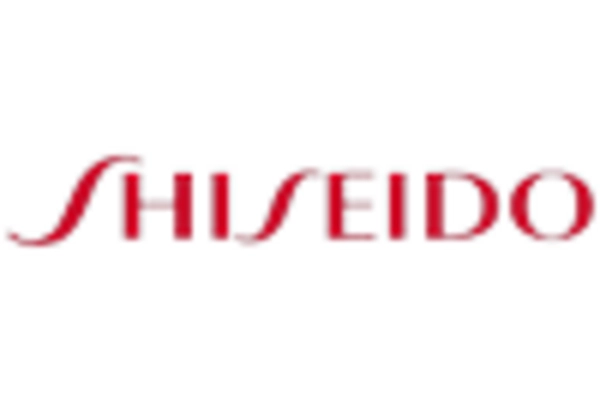










Leave a Comment